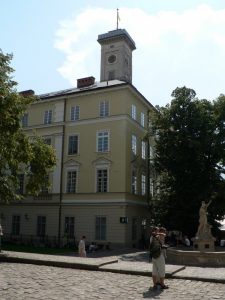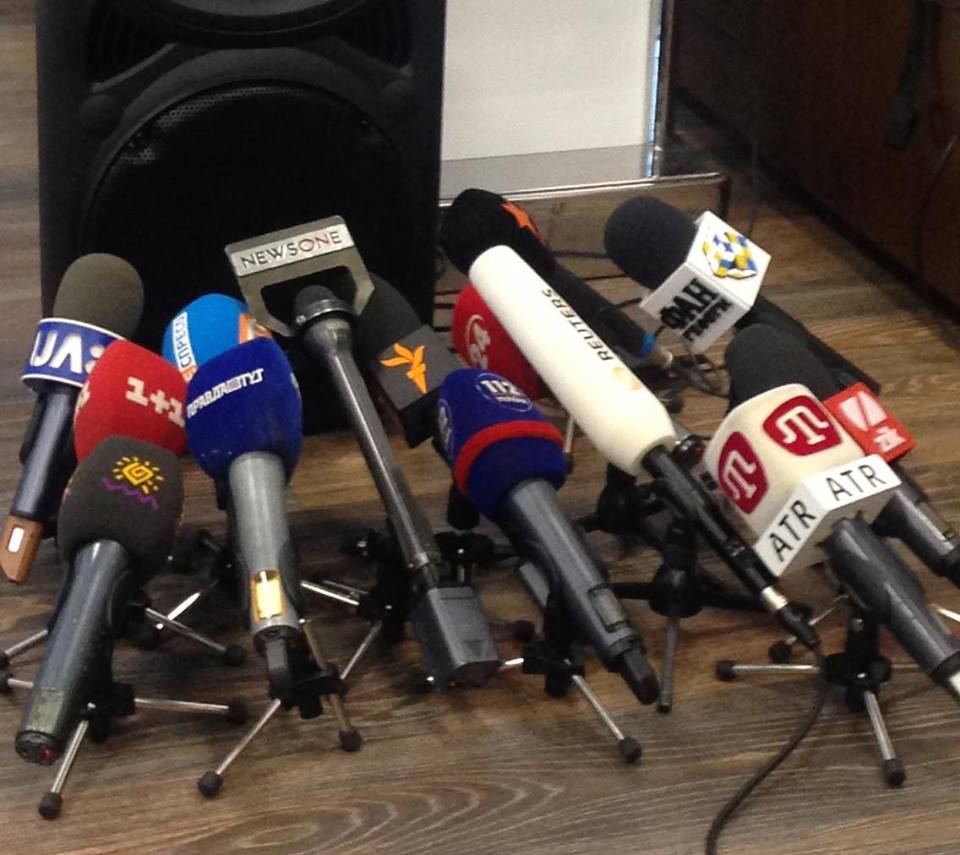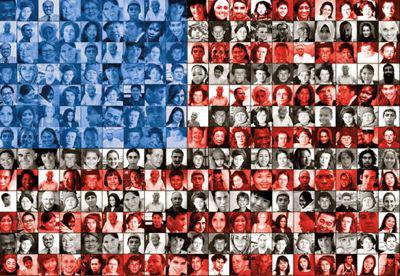The exceptional affection many non-Ukrainians feel for Ukraine was on full display at the September 2014 Yalta European Strategy meetings, held that year in Kyiv, where several US diplomats had returned for panel discussions to share their thoughts on the country’s situation. Each of these men, who had no serious connection to Ukraine before serving there, tried to express how they are always drawn back to the country, despite its seemingly never-ending cycle of problems, crises, and disappointments.

Listening to these Americans attempt to find the right words to explain why they cared about Ukraine struck a chord, and I asked myself, “why do I care about what happens to Ukraine?” Like many of Ukraine’s non-Ukrainian supporters, I have a personal connection; for several years I dated a woman whose family had emigrated from Lviv in 1990s. With her I experienced many of the things that can endear Ukraine to a foreigner – hospitality, adventure, hearty food, and relaxed summer days in Lviv. Also apparent were some of the less appealing sides – bribes at the border, bribes at city hall, the pitiful social safety net, horse-drawn carts in the western Ukrainian countryside and Bentleys in front of parliament in Kyiv. After our relationship ended, I still felt a strong urge to go back to Ukraine and returned to Lviv for the Euro 2012 soccer championships (I even brought my parents along). The city was a charming host, and despite the obvious problems in the country, experiencing Ukraine at that moment almost forced a bit of optimism.

As for anyone with a connection to Ukraine, Maidan was a captivating experience, and the post-Maidan emergence of civil society and political engagement has offered a beautiful contrast to my home countries: the US, where many can’t be bothered to take a couple of hours, once a year, to vote in free and fair elections, and Germany, where high-minded complaining is a national sport, despite a highly-functioning political system (and even more highly-functioning economy). Across from this stand the Ukrainians, who camped out in the freezing cold with EU flags, charged forward against sharpshooters, and later have gone to serve on the front lines, all because they wish to live in a “normal” country, a privilege many in the West don’t even recognize that they enjoy. As if Ukraine’s challenges were not great enough on their own, the country has been subjected to unprecedented, cynical wars instigated by Russia, for which Western institutions and media have been completely unprepared.

Even if you don’t have a personal relationship of some kind to Ukraine, it is nearly impossible to read one of the many stories coming of out the country – volunteers who have more or less prevented the collapse of the army and the social safety net, Nadiya Savchenko’s unbreakable will in the face of gross injustice, young journalists holding their new government accountable, civilians who volunteered or were drafted into the army holding the line against a blatant Russian invasion – and not feel compelled to do something about the situation, even if that something is only editing an article or translating a leaflet. These stories are real, and they reflect exactly why those US diplomats sat in Kyiv and – almost in disbelief at themselves – said that they couldn’t turn their backs on Ukraine, even if at times good sense might have suggested doing just that. Most of us are not ambassadors, decision makers, or front-line soldiers, but we also have a role in not turning our collective backs on Ukraine. What does this mean? Simple: It means that we have an obligation to tell Ukraine’s story, even if it’s only a personal anecdote or a small fact (How many Americans or western Europeans know that Ukrainian is its own language? How many mistakenly think fascists have taken over Kyiv? How many know that Lviv looks – and acts somewhat – like a smaller Vienna?). This is a task too important to leave to Kremlin propagandists, plodding Western governments, or news organizations that are unable or unwilling to accurately inform the world about Ukraine.








